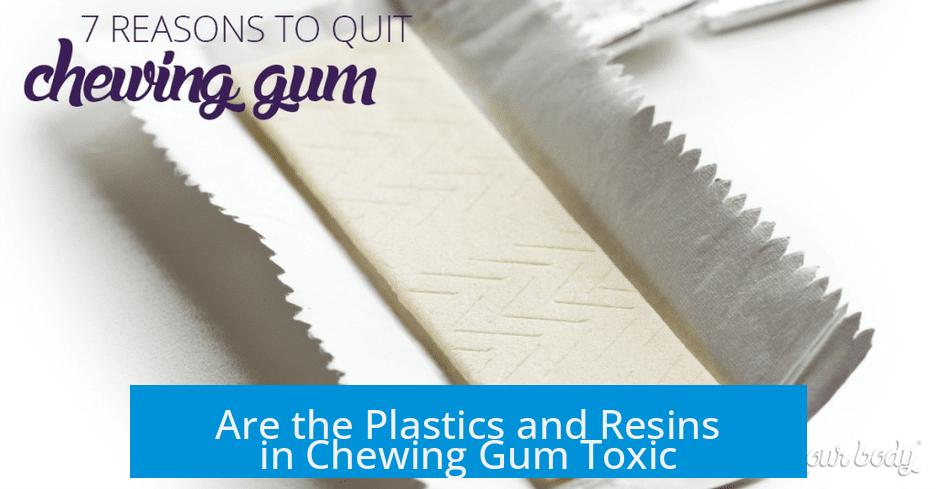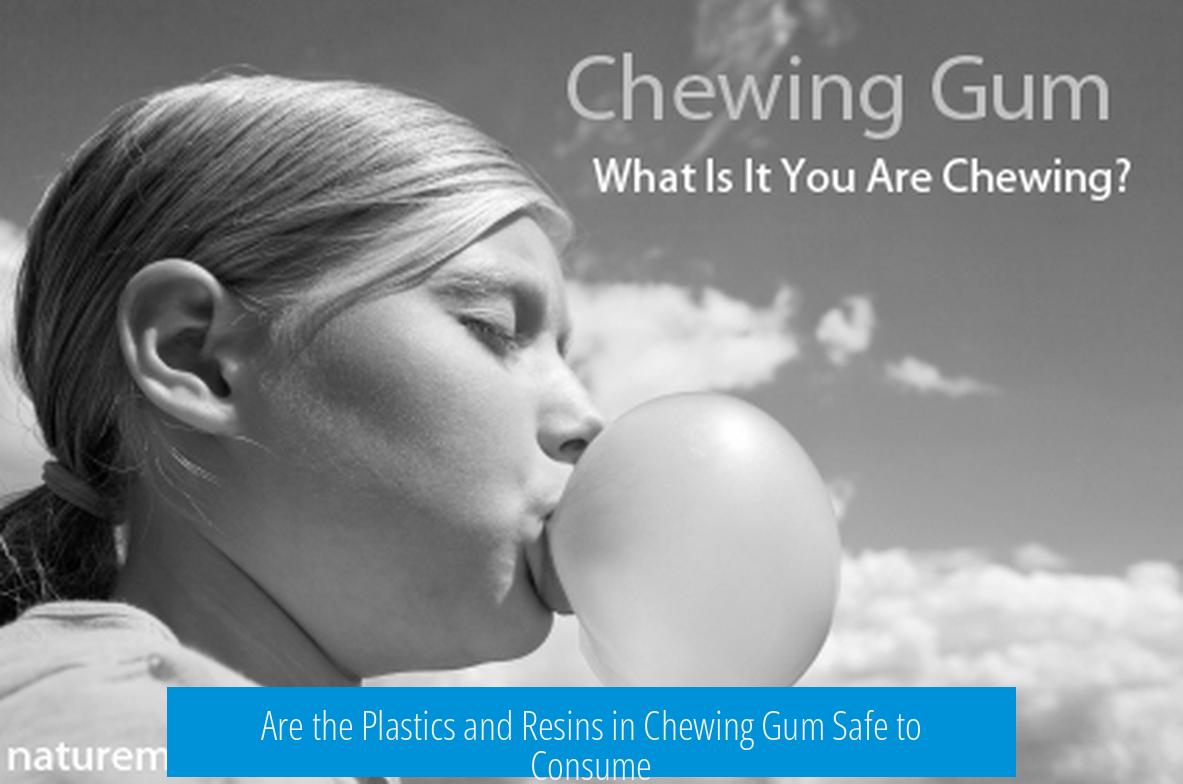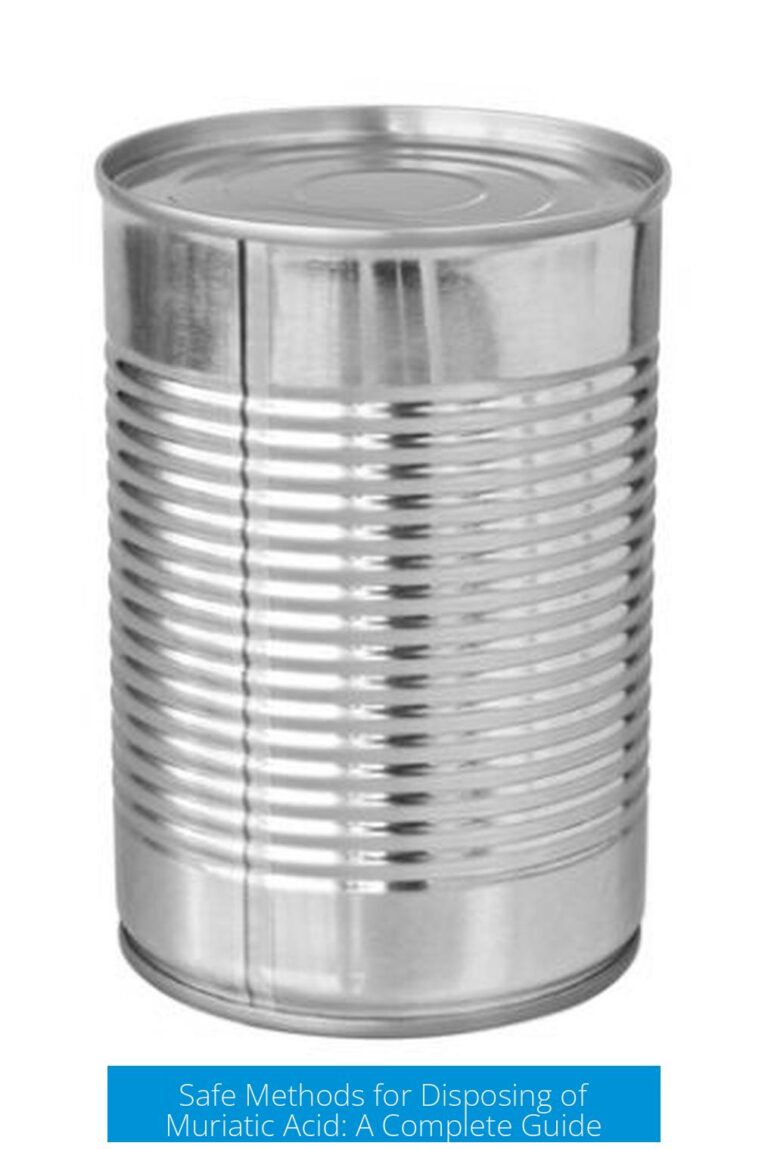Are the Plastics and Resins in Chewing Gum Toxic?

The plastics and resins used in chewing gum, mainly butyl rubber and polyisobutylene, are not toxic. These polymers have a history of safe use, including in medical products, and do not pose health risks at the concentrations found in chewing gum.
Types of Polymers in Chewing Gum
Chewing gum primarily contains synthetic polymers such as butyl rubber and polyisobutylene. These substances form the gum base, giving it elasticity and chewiness.
Both polymers are chemically stable and have been used safely in various medical applications, including in drug delivery systems and wound dressings.
Toxicity and Safety Profile
Studies indicate that butyl rubber and polyisobutylene are biocompatible and non-toxic when ingested in the small amounts present in gum.
The byproducts generated during chewing are harmless at these concentrations, providing no known toxic threat.
Other Gum Components Worth Noting
- Titanium Dioxide: Used as a whitening agent in gum, titanium dioxide is under scrutiny due to potential allergic reactions. It can cause severe allergic responses in sensitive individuals, though such allergies are rare.
- Sugar Alcohols: Ingredients like sorbitol and xylitol are common sweeteners. They have health benefits such as dental protection but can cause digestive issues like diarrhea if consumed in high amounts.
Misconceptions about Addictiveness and Smell
Chewing gum does not contain addictive chemicals or substances that emit gasoline-like odors. The distinct smell some detect often comes from xylitol, which may have an unusual odor but no harmful effects in typical use.
While chewing gum can be habit-forming, this is different from addiction. Habit formation does not mean the substance impairs one’s life.
Summary of Key Points
- Butyl rubber and polyisobutylene in gum are safe and non-toxic.
- Titanium dioxide poses allergy risks in rare cases but is otherwise safe in small quantities.
- Sugar alcohols like sorbitol may cause minor gastrointestinal effects at high doses.
- No addictive substances or harmful smells are present in gum polymers.
- Habit forming is not equivalent to addiction for chewing gum use.
Are the plastics and resins in chewing gum toxic?
The main polymers used, butyl rubber and polyisobutylene, are not toxic. They are even used in medical products, showing their safety for human use.
Can titanium dioxide in chewing gum cause health issues?
Titanium dioxide is an inorganic component often included to whiten gum. Some people may have allergic reactions to it, though such allergies are rare.
Do sugar alcohols in gum pose any health risks?
Sugar alcohols like sorbitol can cause diarrhea if consumed in large amounts. This is the main ingredient in gum with potential negative effects at high doses.
Are chewing gum additives addictive or harmful?
Chewing gum contains no addictive substances or gasoline-like smells. Habit forming behavior differs from addiction, which impacts life negatively and is hard to stop.
Are the byproducts from gum polymers harmful to health?
The byproducts from the polymers in chewing gum are harmless at current concentrations used in products.





Leave a Comment